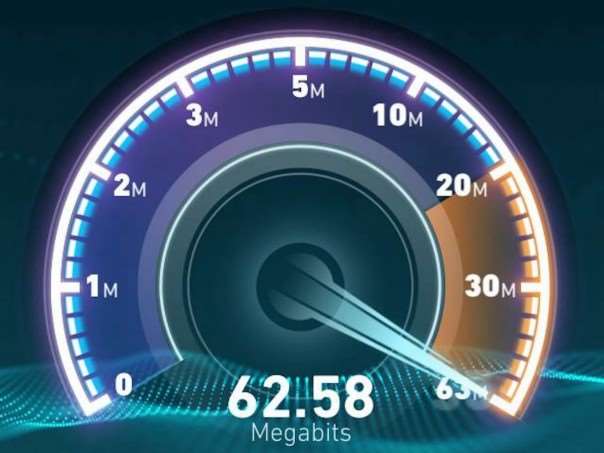Internet service providers may need to be upfront in future on the actual broadband speeds that customers can expect if they sign up.
The Australian Competition and Consumer Commission (ACCC) this week opened an inquiry to work out what is stopping ISPs from presenting real information about internet speeds on their plans.
Service providers have “typically been slow to provide information that readily identifies the performance characteristics of their fixed retail services and plans, including speed of service”, the ACCC said.
“Rather, service providers have continued to emphasise the prices and download quotas that they offer, and have restricted descriptions of the speeds that their retail broadband services support to imprecise qualitative statements (for example, ‘quick’, ‘fast’ and ‘boost’),” the commission said.
“Further, some service providers are stating the product specification for the underlying fixed access service (for example, ‘up to’ 100/40 Mbps) without further explanation.
“This might misrepresent the speeds that the retail broadband service can consistently achieve, especially during peak periods when most consumers will want to use the service.”
The ACCC believed internet consumers were entitled “to expect clear and accurate information about the performance characteristics of services they have purchased or are considering switching to”.
“We are seeking to promote better industry practices in the evolving broadband market, including the provision of accurate, meaningful information to consumers about broadband speed,” it said.
The commission said it will consult with the internet industry over the next month to determine what – if anything - prevents it from using more realistic speed data when marketing broadband services.
The ACCC also wants ISPs to be upfront with prospective and existing customers on how they “manage” services and prioritise certain types of traffic over others.
One of the challenges for the consultation is that internet speed is a complicated problem, and one that is not under the complete control of the ISP.
Depending on the type of service – NBN or ADSL, for example – there are a number of variables both upstream and downstream of the ISP that affect the quality of the service, and the ISP isn’t likely to be have visibility over all of them.
The ACCC appears to understand this complexity and wants to focus on what ISPs have control over; however, it could be challenging to evaluate this in isolation of the other elements that make up the complete broadband service.
One reason for this inquiry being launched is an uptick in complaints to the Telecommunications Industry Ombudsman (TIO) around “slow data speeds”.
“In the first quarter of 2016, there were 2159 issues reported to the TIO about slow data speeds,” the ACCC said.
“It was the top internet complaint issue, and more consumers contacted the TIO about internet complaints than any other issue.”
However, the industry is cautious about drawing too much from a quarters’ worth of results.
“In consumer research recently carried out for Communications Alliance, consumers said the two factors that mattered most to them about their broadband service were the cost of the service and the size of the data allowance,” Communications Alliance CEO John Stanton said.
“We should also not over-react to changes in the mix of complaints to the TIO,
“We should remember the ‘crisis’ sparked by complaints to the TIO about mobile network reach of several years ago. The TIO warned it was a huge problem, the regulator leapt into action and called a public summit and by the time it took place, the wave of complaints had largely subsided.”









